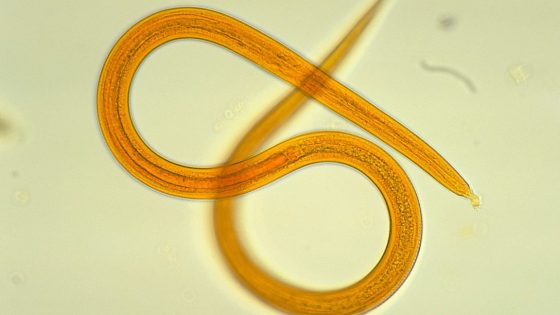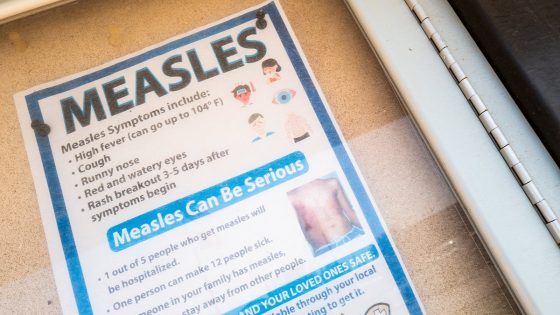A recent case highlights the complexities of health following kidney transplants. A 61-year-old man faced severe complications just two months after receiving a donated kidney. His symptoms included nausea, excessive thirst, and respiratory failure, raising critical health concerns.
- 61-year-old man experienced severe post-transplant symptoms
- Hospitalized due to respiratory failure and shock
- Doctors used a process of elimination for diagnosis
- Elevated eosinophils indicated possible parasitic infection
- Contact with pets noted in medical history
- Common infections ruled out by medications
After being admitted to the ICU at Massachusetts General Hospital, doctors embarked on a meticulous investigation to diagnose his condition. This case, reported on June 20, 2025, emphasizes the importance of understanding potential infections in immunosuppressed patients.
This case raises an important question: how can transplant patients safeguard their health? The man’s elevated eosinophil levels and rash suggested a parasitic infection, highlighting the need for careful monitoring. Here are some recommendations for transplant patients:
- Maintain regular follow-ups with your healthcare provider.
- Report any unusual symptoms immediately.
- Practice good hygiene, especially around pets.
- Stay informed about potential infections related to your condition.
As we advance in medical science, staying informed and proactive can significantly enhance the quality of life for transplant patients. Regular check-ups and awareness of symptoms can make a vital difference.
































